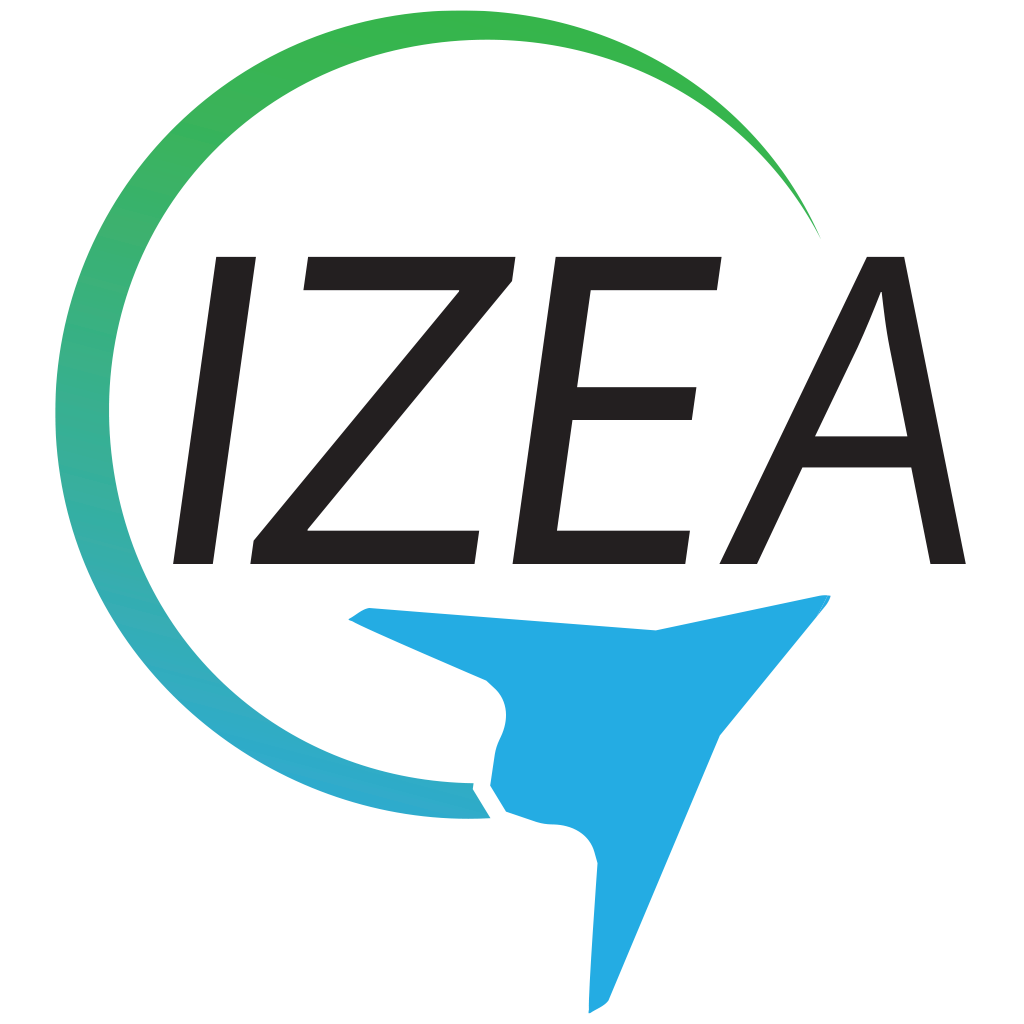
An academic-industry collaboration focused on achieving zero greenhouse gas emissions from commercial aviation
IZEA is an academic-industry collaboration focused on achieving zero greenhouse gas emissions from commercial aviation by 2050. Avoidance of CO2 and minimization of NOx emissions and contrails inspire novel hybrid hydrogen-electric propulsion architectures. In particular, our approach considers hybrid electric power generation via a combination of turboelectric generators and fuel cells using hydrogen with either ambient air or concentrated oxygen. Minimization of NOx emission, efficiency augmentation, and the need to accommodate high-power mission segments drive consideration of liquid oxygen (LO2) storage for use during the takeoff and climb phases of flight. Cryogens enable the strategic use of superconductors to increase the power density of the turboelectric generators and power distribution system, and the presence of multiple temperature zones from 20 to 400 K offers unprecedented opportunities to increase efficiency via novel thermal management strategies employing thermal flow control.
The project will establish design requirements for component technologies via system simulations using a realistic >100-passenger short-range aircraft with a 3000 nm mission profile as a scalable, hybrid wing-body distributed-propulsion platform. In particular, fuel cells, power electronics, motors, superconducting power transmission, cryogenic, and aircraft systems technologies will be advanced to meet the zero-emission target. A flexible testbed operating at liquid hydrogen temperatures will be constructed that leverages existing facilities in hardware-in-the-loop demonstrations to obtain validation data for system integration models, multi-disciplinary design analysis and optimization, and evaluation of trade-offs. The overall global warming potential of the entire fleet based on the scalable aircraft configuration will be evaluated. Ultimately, a refined understanding of viable pathways toward zero-emission for the aviation industry will emerge. University and industry experts in electric power, energy storage/conversion, propulsion, cryogenics, superconductivity, thermal management, motors, power electronics and distribution, and aircraft systems with an extensive collaborative history and unmatched capabilities and facilities are teamed in this effort.
Industrial partners, including Raytheon Technologies (the parent company of Pratt & Whitney and Collins Aerospace), Boeing, and Advanced Magnet Laboratories will advise the project regarding common questions and major challenges shared across the aviation industry. Outreach and education programs coordinated at FAMU, a Historically Black College and University (HBCU) and part of the joint FAMU-FSU College of Engineering, will educate and inform the community and will train diverse students and underwrite academic and industry internships to produce the next generation of the green aviation industry workforce.
